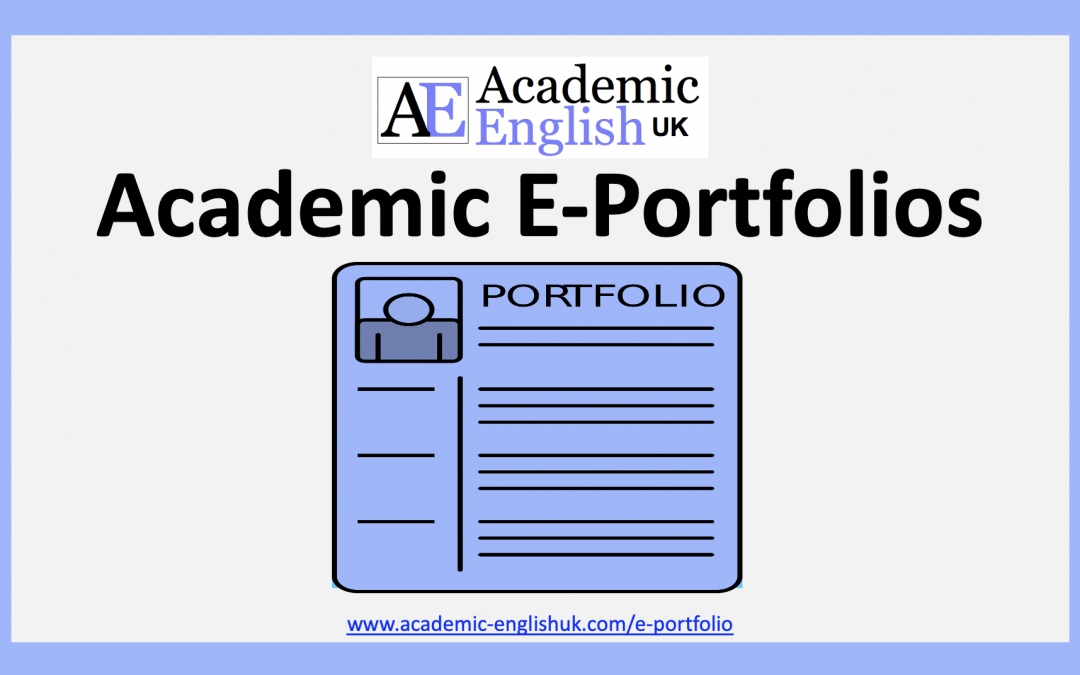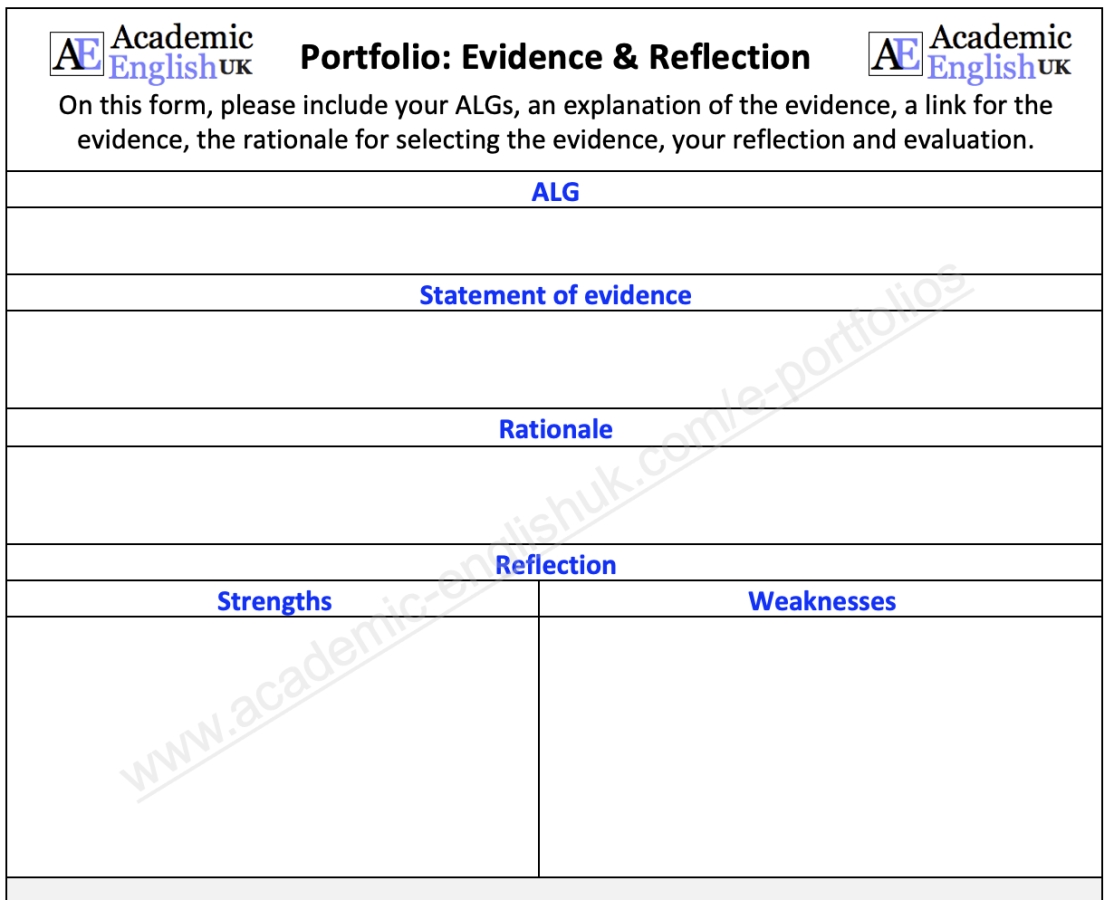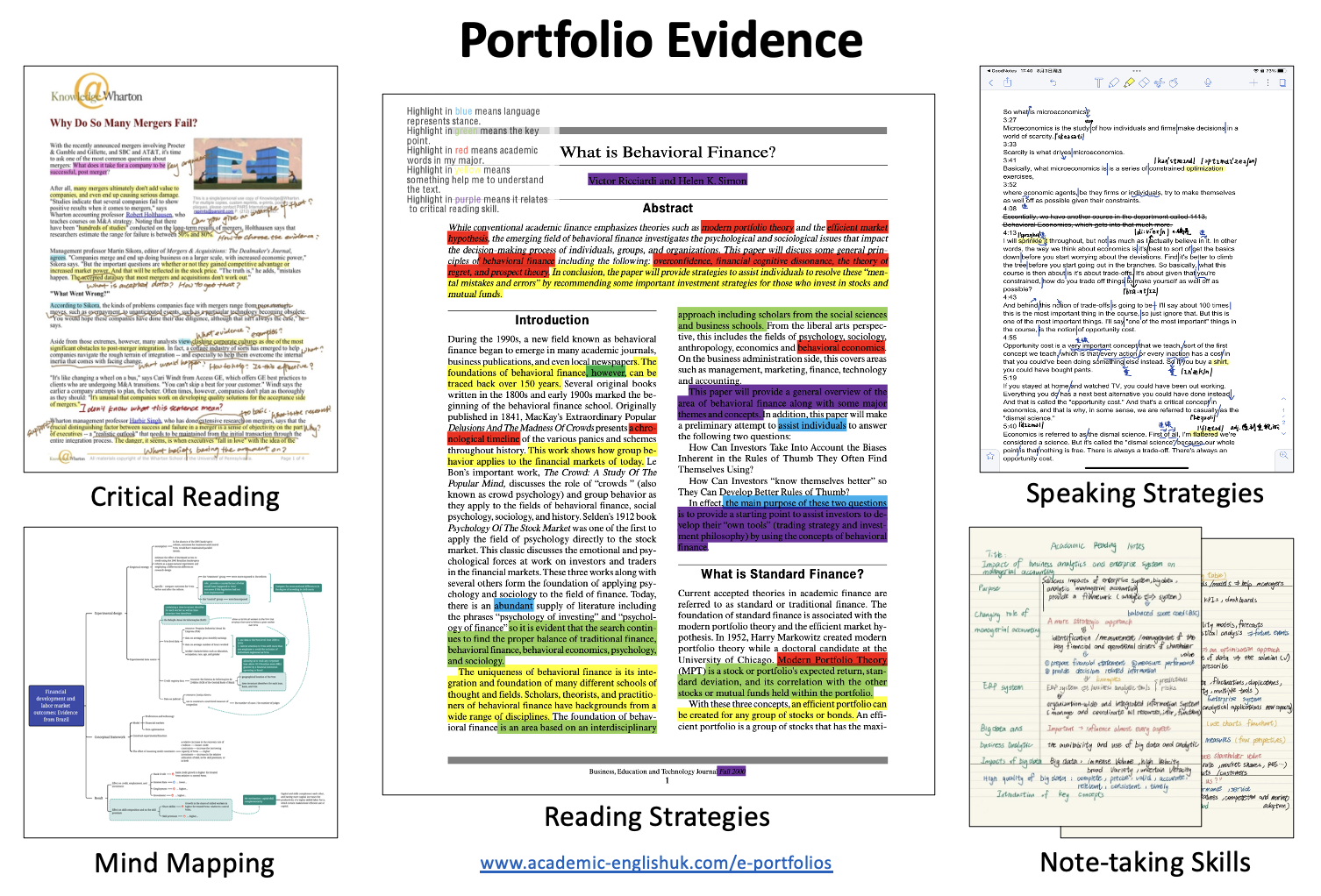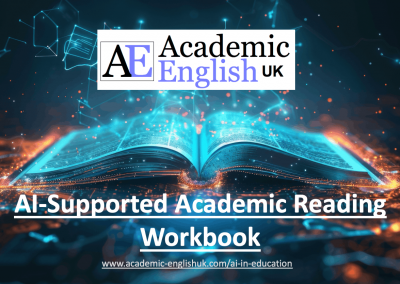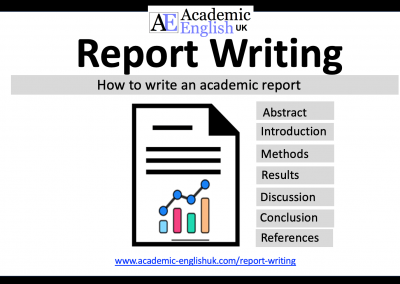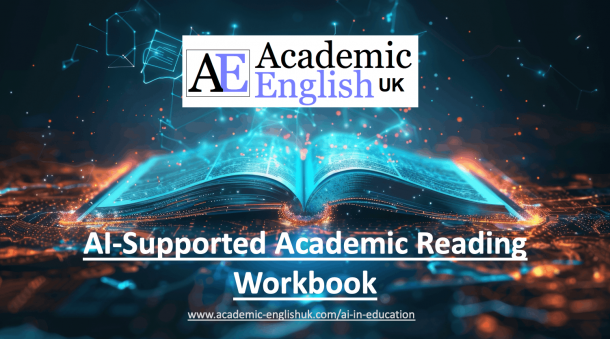Academic E-Portfolios
What is an academic e-portfolio?
An academic e-portfolio is a collection of the student’s work that represents the student’s efforts and achievements in particular areas over a specified period. The learner is involved in the process as they are responsible for setting initial learning goals and selecting the best methods to achieve these goals through a process of reflection and evaluation (Academic English UK, 2023).
Why create an academic e-portfolio?
There are many reasons for creating an academic e-portfolio. The main rationale is:
- Promotes reflection and critical thinking.
- Fosters learner autonomy.
- Helps students to see gaps in their learning.
- Encourages life-long learning.
- Provides a bridge between learning and assessment.
- Provides a digital record of achievement.
Pay-per-Download
Academic E-Portfolios (new 2023)
This lesson is designed to help students create an academic e-portfolio. It contains a range of exercises to help them understand what it is, why it is used, what makes an effective goal, how to show evidence of learning and how to reflect and evaluate. It includes a template the students can use to start creating their own e-portfolios. Example. Level: ***** [B1/B2/C1] TEACHER MEMBERSHIP / INSTITUTIONAL MEMBERSHIP
Academic Learning Goals
To show development in an academic e-portfolio it is necessary to create academic learning goals (ALGs). Depending how long your course / semester is will depend on how many ALGs to choose. Example: 12-week semester = 3-4 skills (learning goals); 4 weeks = 2 skills (learning goals).
Choose 3-4 of these skills to focus on:
- Writing (e.g, essay structure, organisation, cohesion, linking devices, paragraphing, topic sentences, exemplification, comparison language, cause & effect, etc..)
- Reading (e.g., identifying main ideas, identifying argument, identifying writer’s stance, note-taking skills, critical reading skills, vocabulary development, etc…)
- Speaking (fluency, building confidence, discussion skills, signposting, improving pronunciation, improving intonation, etc…)
- Listening (listening strategies, note-taking (Cornell, mind-mapping, outlining, charting), identifying main ideas, dealing with long lectures, etc..)
- Vocabulary (recording vocabulary, new words, academic words, subject-specific words, word formation, academic phrases, collocation, etc…)
- Grammar (sentence structure, tenses, verb patterns, nominalisation, passive grammar, hedging, noun phrases, etc..)
- Critical thinking (questioning, fact vs opinion, analysis & evaluation, credibility, assumptions, etc…)
- Academic conventions (academic style, paraphrasing, summarising, reference systems, evaluating sources, synthesis, voice, etc..)
Academic Learning Goals Evidence & Reflection Form
On this form, students include their ALGs, an explanation of the evidence, a link for the evidence, the rationale for selecting the evidence, their reflection and evaluation. This is an example of part of the form. For the full form please buy the download.
E-Portfolio Evidence
Here is an example of portfolio evidence provided by students. The work clearly demonstrates the skills the students are working on and each week should show an improvement from the previous week.
Pay-per-Download
Academic E-Portfolios (new 2023)
This lesson is designed to help students create an academic e-portfolio. It contains a range of exercises to help them understand what it is, why it is used, what makes an effective goal, how to show evidence of learning and how to reflect and evaluate. It includes a template the students can use to start creating their own e-portfolios. Example. Level: ***** [B1/B2/C1] TEACHER MEMBERSHIP / INSTITUTIONAL MEMBERSHIP
Other interesting downloads [new 2022]
Self-Assessment Questionnaires
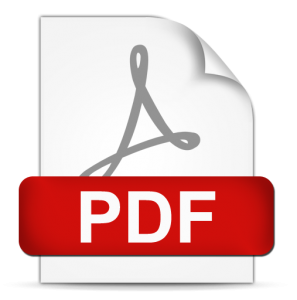 Self-Assessment Questionnaires [new 2022]
Self-Assessment Questionnaires [new 2022]
These academic English self-assessment questionnaires focus on the four key skills of reading, writing, speaking and listening. Each questionnaire focuses on the individual elements of each skill and students rank their confidence level accordingly. These questionnaires help students evaluate their learning and encourage learner autonomy. Example. Level ***** [B1/B2/C1/C2] TEACHER MEMBERSHIP / INSTITUTIONAL MEMBERSHIP
*
Independent learning
 Independent Learning worksheet
Independent Learning worksheet
This worksheet is based on four videos. Listen to the videos and take notes. Then use your notes to answer the questions and compare your answers to the key answers [webpage]. Example / Video Level: ***** [B1/B2/C1] TEACHER MEMBERSHIP / INSTITUTIONAL MEMBERSHIP
*
Reflective student
The Reflective Student: Reflection on study & goal setting [new 2020]
This is a seminar lesson to reflect on studying. It asks students to look at and examine the way they study and to identify possible areas that could be improved. It includes reflective questions, a 6-minute video on what SMART goals are and a SMART goal worksheet to set a goal(s) to be achieved (example) / Video [4.00] / MP3 / Level ***** [B1/B2/C1] TEACHER MEMBERSHIP / INSTITUTIONAL MEMBERSHIP
Useful Self-study Lessons
 Vocabulary Learning Strategies (VLS) [new 2022]
Vocabulary Learning Strategies (VLS) [new 2022]
This lesson is designed to improve students’ understanding of vocabulary learning. It introduces the theory of learning vocabulary and Schmitt’s VLS. The lesson includes a range of tasks from investigating different dictionaries, understanding dictionary terminology, recording vocabulary and using a range of digital quizzes and exercises. Example. Level ***** [B1/B2/C1/C2] TEACHER MEMBERSHIP / INSTITUTIONAL MEMBERSHIP
Useful Listening Websites
Listening Websites: Improve your listening skills [new 2022]
Here are some great websites we recommend to our students to improve their listening outside of class. These websites will help students gain valuable practice in checking their understanding, identifying main ideas and recognising supporting details. TEACHER MEMBERSHIP / INSTITUTIONAL MEMBERSHIP
Useful Writing Websites
Academic Writing: Useful websites for writing
Here are some good websites we recommend to our students when writing essays or doing written work in class. These sites help with the key skills of paraphrasing and summarising. Webpage link TEACHER MEMBERSHIP / INSTITUTIONAL MEMBERSHIP

